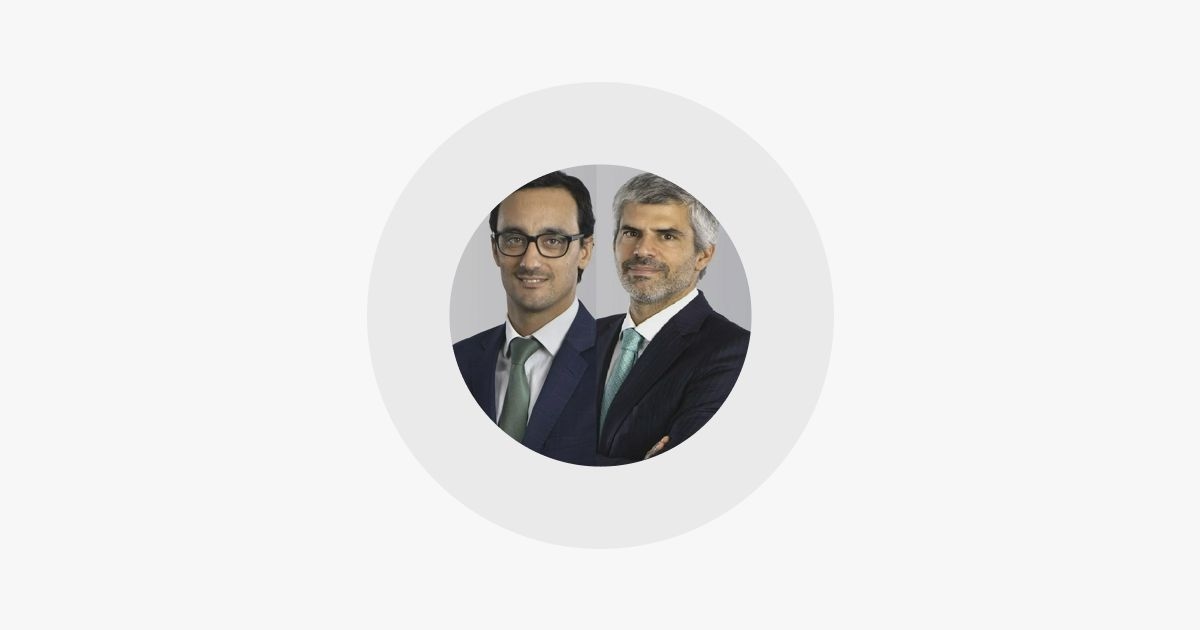BET's silent pandemic

We are living through a silent and devastating epidemic. It's not a virus, but it has been spreading with the same speed. I'm talking about online sports betting, "BETs" – a social and economic time bomb that is already exploding in Brazilian homes.
For Portuguese readers to understand the scale of this phenomenon in Brazil, context is necessary. “BETs,” as they are popularly known, refer to online sports betting sites. This market was legalized in the country in 2018, but its effective regulation (how they would operate and be taxed) dragged on for years, only being finalized at the end of 2023. This gap created a regulatory “Wild West,” allowing for aggressive and omnipresent expansion, dominating football sponsorships and advertising.
The first symptom of this financial disease is the drain of capital. The volume wagered reached the absurd mark of R$ 240 billion (approximately 43.6 billion euros) in 2024 alone. This is not new money – it is resources taken directly from the family budget, which stopped paying bills, buying groceries, clothes, or at the neighborhood pharmacy.
The result? A devastating loss of R$103 billion (approximately €18.7 billion) for the national retail sector. In practice, we are stifling small and medium-sized businesses to feed a predatory gambling industry.
While the retail sector is struggling, the situation within households is becoming a financial nightmare. The data I've compiled is a cry for help that we can no longer ignore:
35% of gamblers are already in debt – a jump of 16% in just one year.
1.8 million Brazilians became delinquent due to gambling.
57% of these defaulters had no debts before they started gambling.
42% of bettors have accounts that are more than 3 months overdue.
43% of male gamblers are completely in debt.
The effect is even more cruel among the most vulnerable in our society: 5 million beneficiaries of "Bolsa Família" – the main social support program of the Brazilian government for low-income families – spent an absurd R$ 3 billion (approximately 545 million euros) in just one month (August 2024). Families who should be using the benefit for food are financing the gambling industry.
The cycle is desperate and unsustainable: 10% of gamblers have already resorted to loans to continue betting. 52% try to recover what they lost by betting even more, digging themselves into an endless debt hole. 48% of gamblers have compromised a significant portion of their income, including withdrawals from savings and investments.
And if the scenario is already terrible, get ready: the worst may be yet to come. Caixa Econômica Federal, one of the largest public banks in Brazil – on a scale of importance similar to that of Caixa Geral de Depósitos in Portugal – has announced its entry into this market, with a launch planned for November 2025.
The arrival of a state-owned giant will further normalize this practice, giving a false sense of security to something that functions as a crusher of assets and a destroyer of dreams.
We need to shout the truth: online gambling is NOT an investment. It's a game of chance mathematically designed for the user to lose. The debt we see is just the tip of the iceberg. Beneath it all, mental health is being destroyed through anxiety and depression; family ties are being damaged through arguments and separations; work productivity is being undermined; and the future of an entire generation is being jeopardized.
This is not just a crisis – it's a tragedy waiting to happen that demands immediate action. We need mandatory financial education in schools; spending limits on gambling platforms; massive campaigns about the real risks; free psychological support for those who are addicted; strict regulation and real, effective oversight.
Every real invested is one less brick in building your family's future and one more nail in the coffin of local businesses. The only safe bet is on education and honest work. Everything else is an illusion sold at a premium price.
We need to wake up before it's too late.
observador




